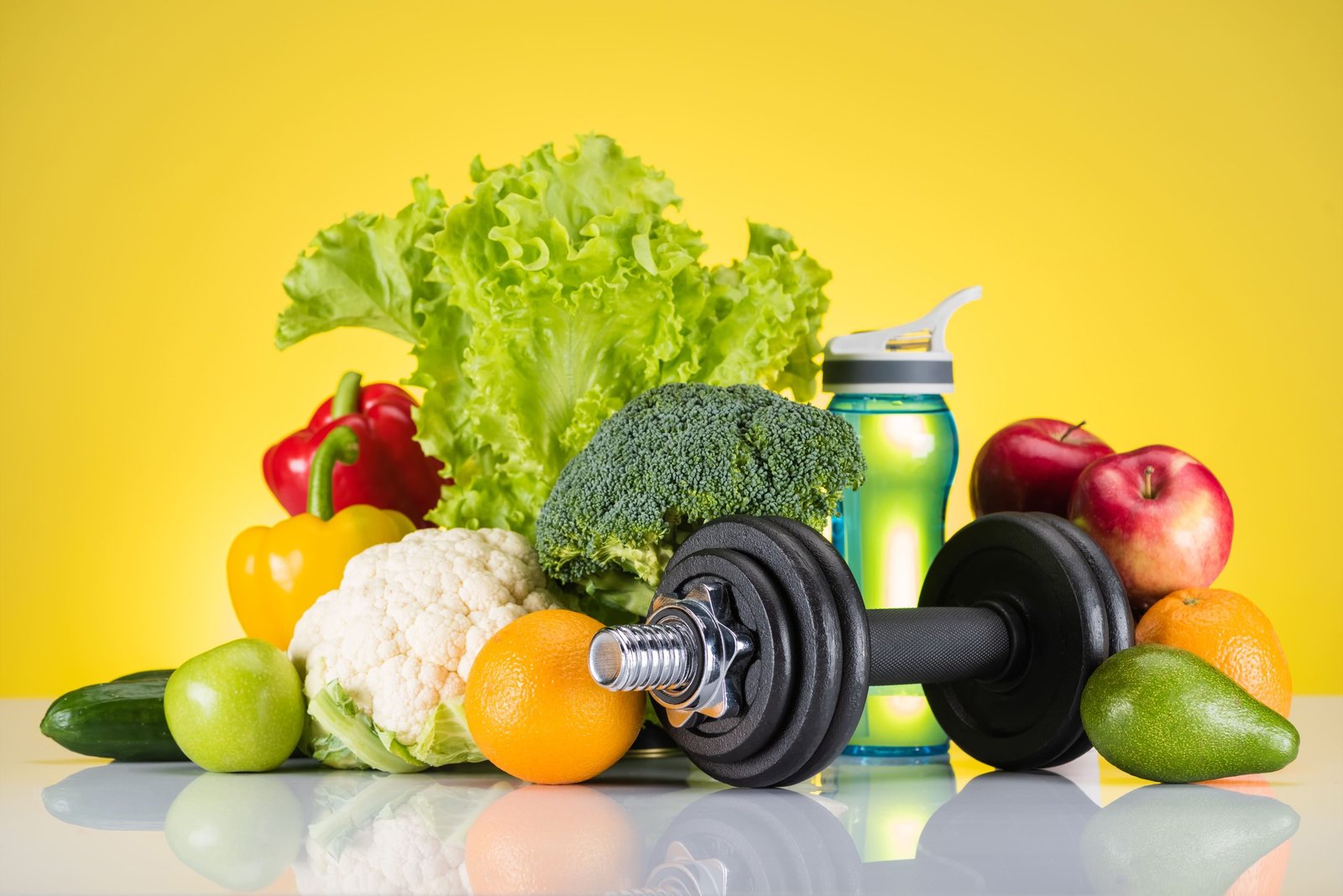Physical Address
304 North Cardinal St.
Dorchester Center, MA 02124
Physical Address
304 North Cardinal St.
Dorchester Center, MA 02124

Sports and Diet is crucial part of life when it comes to outperforming the competition, whether you’re a student athlete, gym warrior, or marathon runner, sports nutrition isn’t just a supplement to your training; it is your training. The right fuel can elevate your performance, speed up recovery, sharpen your focus, and even boost your confidence on game day.
Let’s break it down in a simple, real-world way that speaks to young athletes, diet-conscious folks, and anyone looking to level up through performance-enhancing nutrition tips.
Sports nutrition and diet is all about eating the right foods at the right times to boost physical performance, support recovery, and maintain energy during intense physical activity. For athletes and active individuals, it’s not just about calories, it’s about quality nutrients that directly impact stamina, strength, and mental sharpness.
Whether you’re following a traditional or vegan sports nutrition guide, it’s all about balance, timing, and understanding your body’s specific needs.
Macronutrients carbs, protein, and fats are the three biggies in any athlete’s meal plan.
| Macronutrient | Purpose | Recommended Ratio (General Athletes) |
|---|---|---|
| Carbohydrates | Main energy source | 50-60% |
| Protein | Muscle repair & growth | 15-25% |
| Fats | Long-term energy & hormone support | 20-30% |
Tip: Athletes aiming for muscle gain or endurance may adjust these numbers slightly. For instance, those focusing on nutrition for muscle gain in athletes might up their protein intake.
More information about Balancing Macros
Timing matters. Pre-game meals should be eaten 2-3 hours before the event. The goal? Fuel your body without feeling sluggish.
If you’re looking for pre-game nutrition meals, stick to foods that are easy to digest, moderate in protein, high in carbs, and low in fat and fiber.
Recovery = Growth. What you eat after a workout can make or break your progress.
| Food | Why It Works |
|---|---|
| Chocolate milk | Perfect carb-to-protein ratio (4:1) |
| Grilled chicken + quinoa | Lean protein + complex carbs |
| Greek yogurt + fruit | Protein + natural sugar for glycogen |
| Protein smoothie with berries & oats | Quick, customizable & tasty |
Adding post-workout recovery foods to your routine helps replenish glycogen, repair muscles, and reduce soreness. Bonus: it boosts your next-day performance.
It depends on your body weight and activity level.
| Type of Athlete | Protein Needed (g per kg of body weight) |
|---|---|
| General fitness | 1.2 – 1.4 g/kg |
| Endurance athlete | 1.4 – 1.6 g/kg |
| Strength/muscle gain | 1.6 – 2.2 g/kg |
For example, a 70kg (154 lb) athlete focused on strength may need up to 154g of protein daily.
Tip: Spread your protein intake throughout the day (3-5 servings), and don’t forget your plant-based protein sources if you’re following a vegan sports nutrition guide.
Athletes sweat, train hard, and burn through essential micronutrients faster than the average person.
| Nutrient | Why It’s Crucial | Sources |
|---|---|---|
| Iron | Oxygen transport, energy | Red meat, lentils, spinach |
| Vitamin D | Bone health, immunity | Sunlight, eggs, fortified milk |
| Calcium | Bone strength, muscle function | Dairy, kale, fortified juice |
| Magnesium | Muscle relaxation, recovery | Nuts, seeds, whole grains |
| B-Vitamins | Energy metabolism | Meat, eggs, whole grains |
| Electrolytes (Sodium, Potassium, Magnesium) | Hydration & nerve function | Coconut water, bananas, leafy greens |
Knowing your athlete electrolyte needs can prevent cramps, fatigue, and performance drops—especially for sports nutrition for endurance athletes.
Absolutely! Food affects brain chemistry, which affects focus, reaction time, and decision-making—all key for athletic success.
Don’t underestimate the mind-body link—great nutrition = better game-time decisions.
Hydration and consistency are often overlooked. Dehydration can tank your energy and lead to injuries.
Coconut water or electrolyte tablets can help maintain balance during long sessions.
Habitual Deficits to Avoid:
Even if you’re on sports nutrition on a budget, focusing on whole foods (eggs, oats, lentils, canned tuna, peanut butter) can go a long way.
Sports nutrition is not a trend—it’s a lifestyle. Whether you’re a weekend warrior, college athlete, or young kid with big dreams, how you fuel your body directly influences how you perform, recover, and grow.
So next time you hit the gym or field, ask yourself.
Got questions about pre-game nutrition meals or how to set up your own sports hydration strategy?
Drop a comment, share your meal ideas here, or tell us how sports nutrition changed your game!